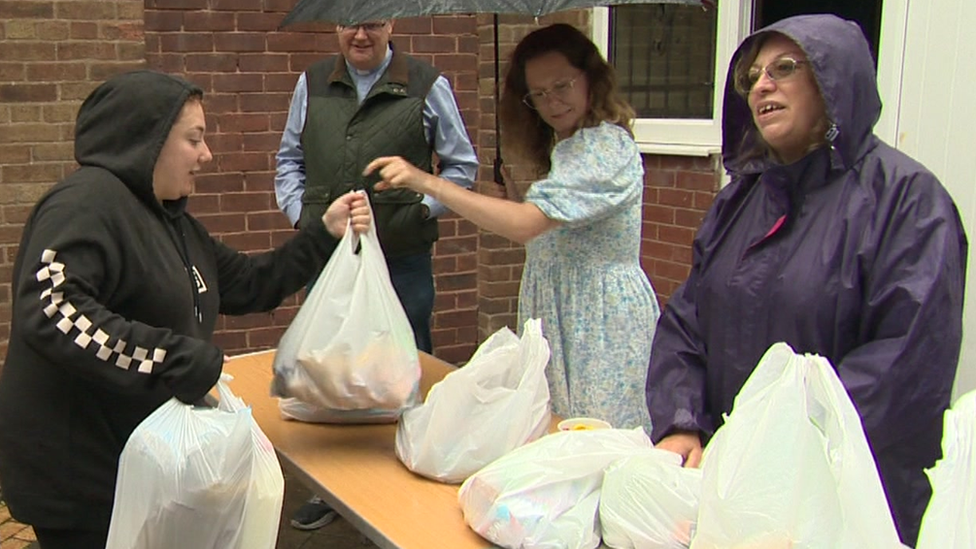Poorer children could get school choice priority
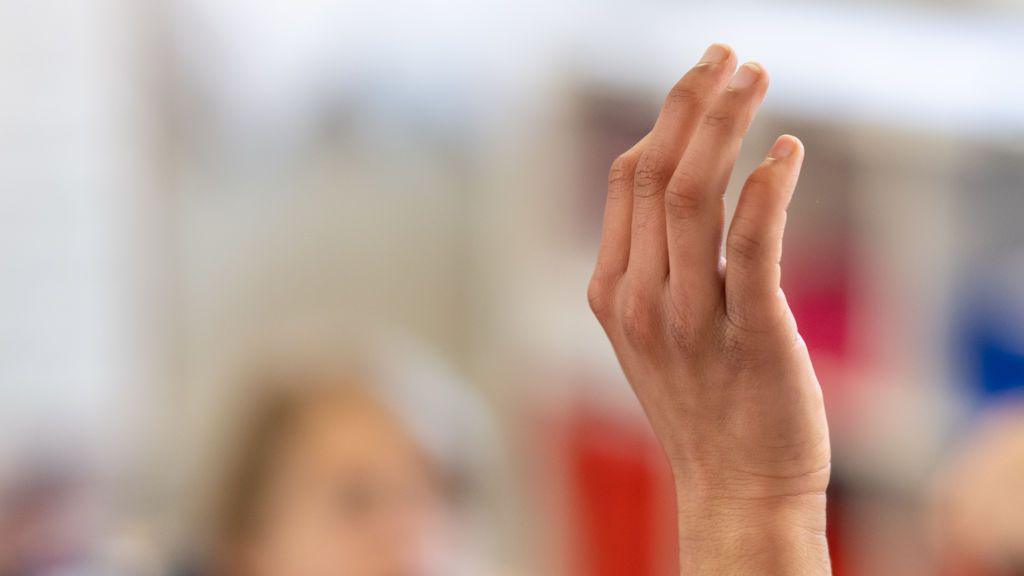
At a glance
Children on free school meals in Brighton and Hove could get their choice of school prioritised
The proposals are due to be discussed on Monday
Campaigners say families should have choice and a more varied mix of children creates a better education for all
- Published
Children receiving free school meals in Brighton and Hove could have their choice of secondary school prioritised.
The proposals, which are due to be discussed by the council's Children, Families and Schools Committee on Monday, are designed to balance out the percentage of pupils on free meals in the city's secondary schools.
“We believe all families should have access to choice," said Curtis James from Class Divide, a group campaigning to close the attainment gap for young people.
Currently children in care and those with exceptional needs are given priority when it comes to choosing their school.
Under the proposal, those qualifying for free school meals would get third priority.
About 25% of pupils in Brighton and Hove receive fee meals, but this figure is expected to reach 28% by 2025.
The percentage of children on free meals in schools around the city varies from 15% at King's School in Hove to 46% at Brighton Aldridge Community Academy in Falmer.
Carrie Goldsmith, also from Class Divide, said those schools with a high concentration of children on free meals "have to do an awful lot to make sure their pupils are in a position where they’re able to engage fully in the school day and learn".
She said this placed additional pressure on schools.
"Our schools are rising to the pressure but if you’ve got a good school, it’s good because you can teach all children," Dr Goldsmith added.
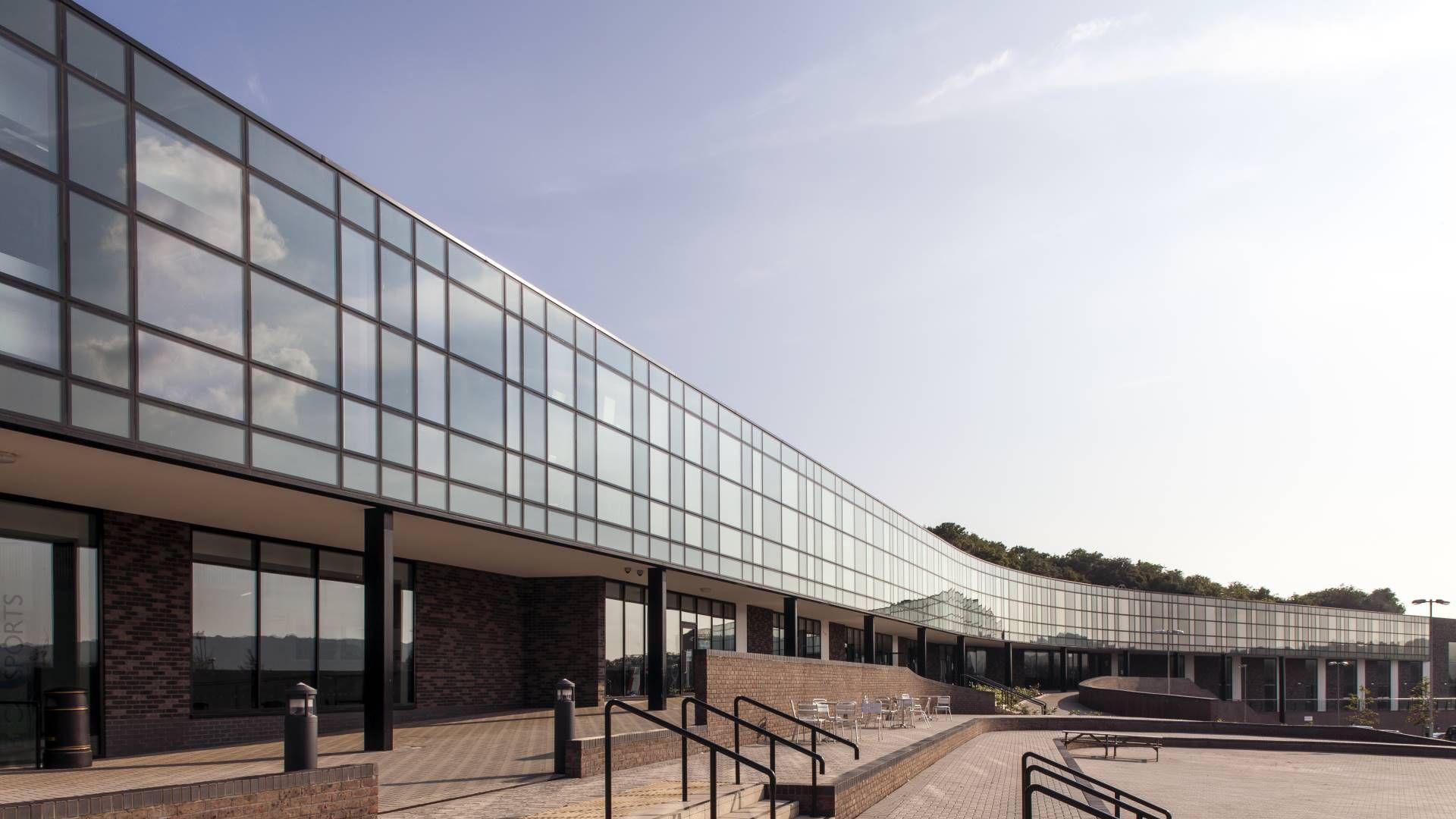
Brighton Aldridge Community Academy has one of the highest rates of children receiving free school meals in the city
Mr James said "a better mix of kids from different socio-economic backgrounds" created a better-quality education.
The council report acknowledged that if the plans went ahead, some children from within the catchment area of an oversubscribed school could be refused a place.
However, it considered this risk to be low.
Follow BBC South East on Facebook, external, on X, external, and on Instagram, external. Send your story ideas to southeasttoday@bbc.co.uk.
- Published23 June 2023
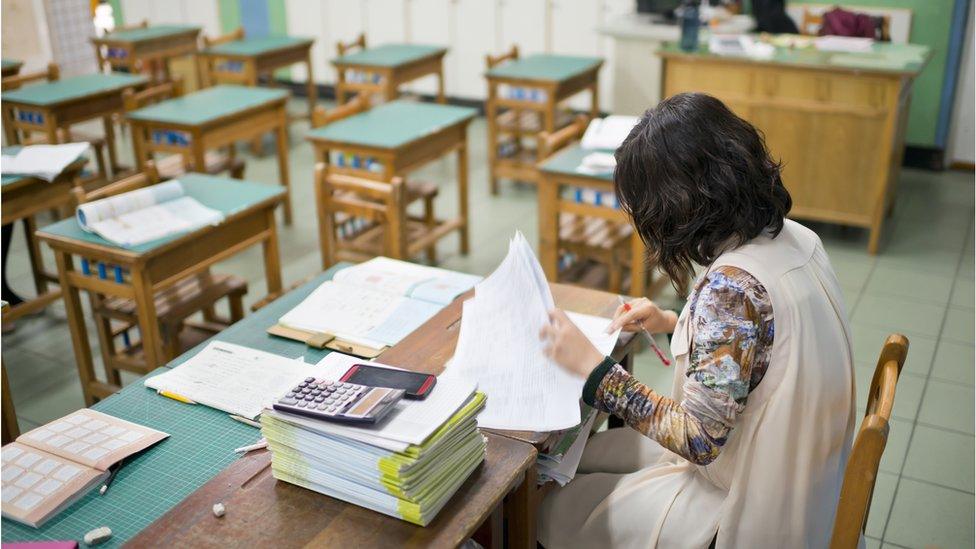
- Published2 March 2023
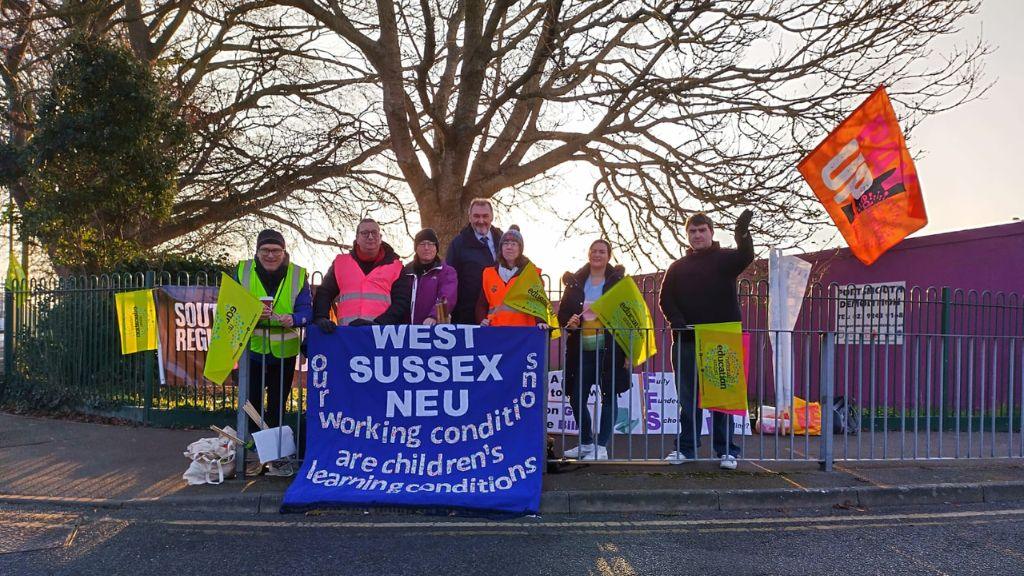
- Published23 August 2023
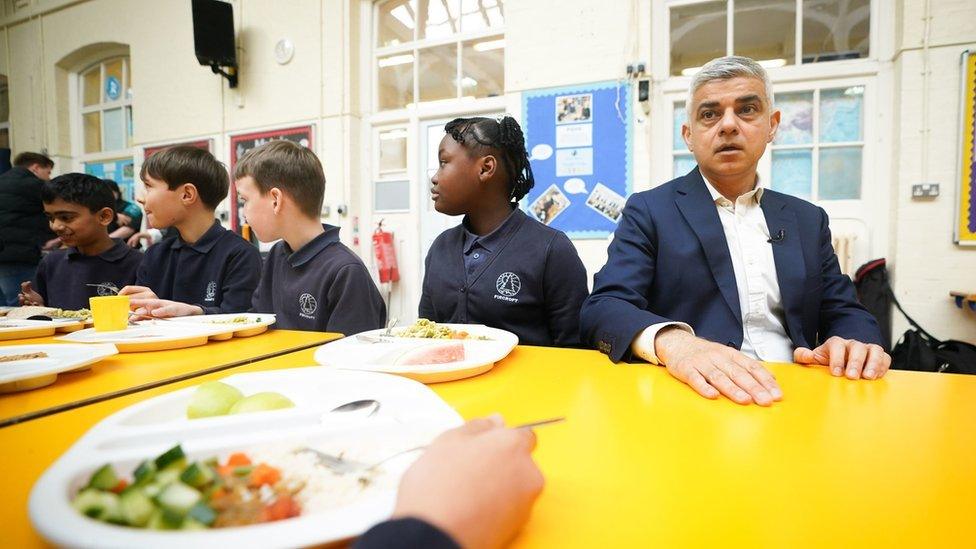
- Published21 July 2023
